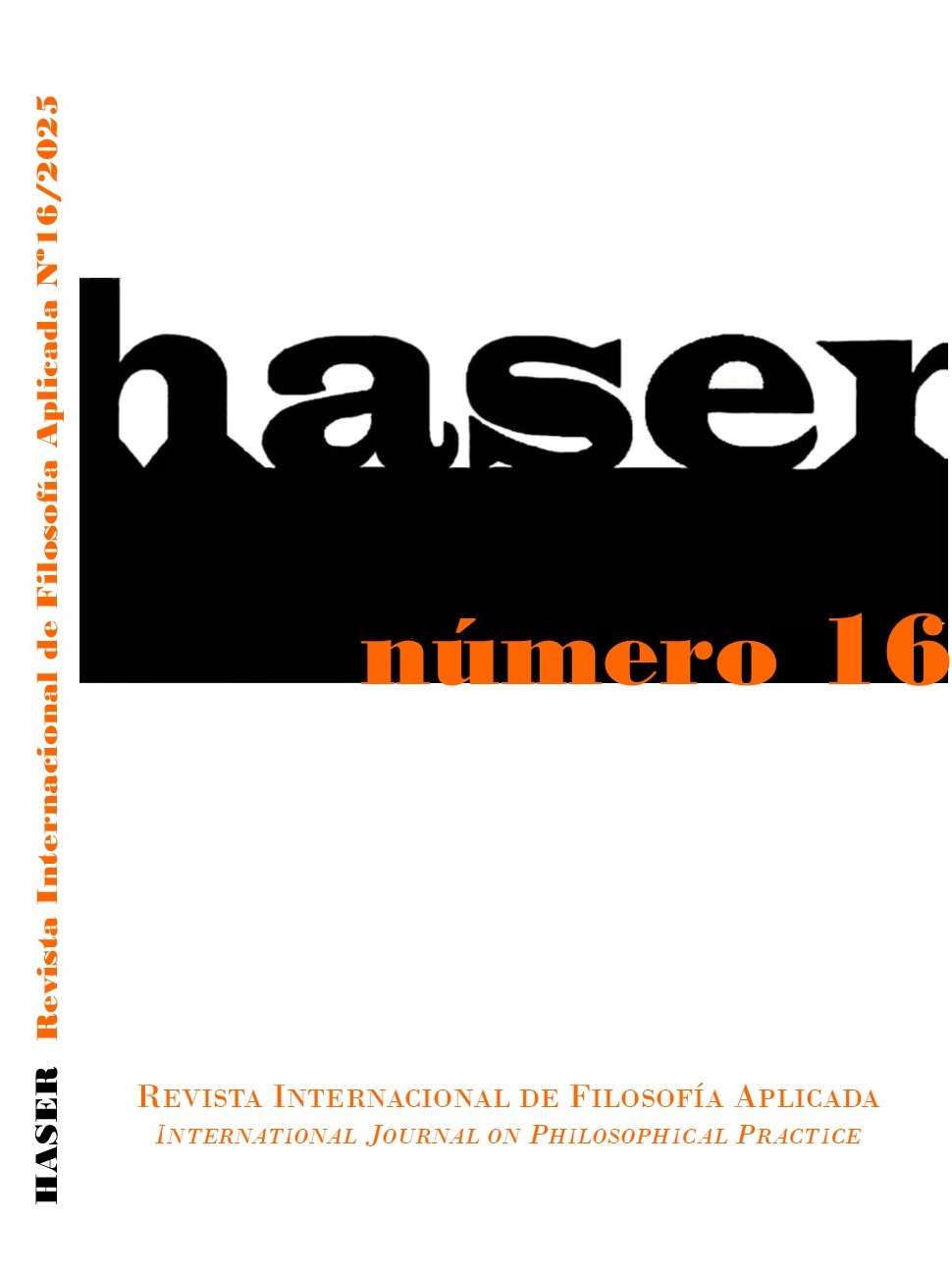“Cógito Erg Sum” Program on life skills in an educational institution in Santa Clara Lima, Ate-Perú
Abstract
: Globalization has generated cross-cutting problems in all areas such as social, cultural, political, educational and others. And the latter brings with it crises and risks in childhood and adolescence, questions about their existence, sexuality, identity, motivations and others appear. The objective of the study is to evaluate the efficiency of the "cogito ergo sum" program on life skills in high school adolescents. Therefore, a mixed design was used, quantitative because the quasi-experimental design was used, with a control group and an experimental group, and qualitative for the hermeneutic-phenomenological analysis. It was observed that both groups were equivalent at the beginning. After the application of the program, it was found that in the control group there were no longer students at the beginning level, 77.8% were in process and 22.2% at an achieved level. The experimental group presented 40.7% at the process and achieved levels. The experimental group had 18.5% at the outstanding level. An adolescent who questions, reflects and becomes aware of himself/herself will exercise autonomous and multidimensional thinking, and will also be able to contribute to his/her environment and make assertive decisions for the transformation of him/herself and society. It is concluded that there is efficiency in the experimental group in life skills after applying the Cogito Ergo Sum program in adolescents, with a result of Sig. .023 less than p<0.05.
Downloads
Published
How to Cite
Issue
Section
License
Los autores/as que publiquen en esta revista aceptan las siguientes condiciones:
1. Los autores/as conservan los derechos de autor y ceden a la revista el derecho de la primera publicación, con el trabajo registrado con la licencia de atribución de Creative Commons, que permite a terceros utilizar lo publicado siempre que mencionen la autoría del trabajo y a la primera publicación en esta revista.
2. Los autores/as pueden realizar otros acuerdos contractuales independientes y adicionales para la distribución no exclusiva de la versión del artículo publicado en esta revista (p. ej., incluirlo en un repositorio institucional o publicarlo en un libro) siempre que indiquen claramente que el trabajo se publicó por primera vez en esta revista.
3. Se permite y recomienda a los autores/as a publicar su trabajo en Internet (por ejemplo en páginas institucionales o personales) antes y durante el proceso de revisión y publicación, ya que puede conducir a intercambios productivos y a una mayor y más rápida difusión del trabajo publicado (vea The Effect of Open Access).
- Abstract 26


